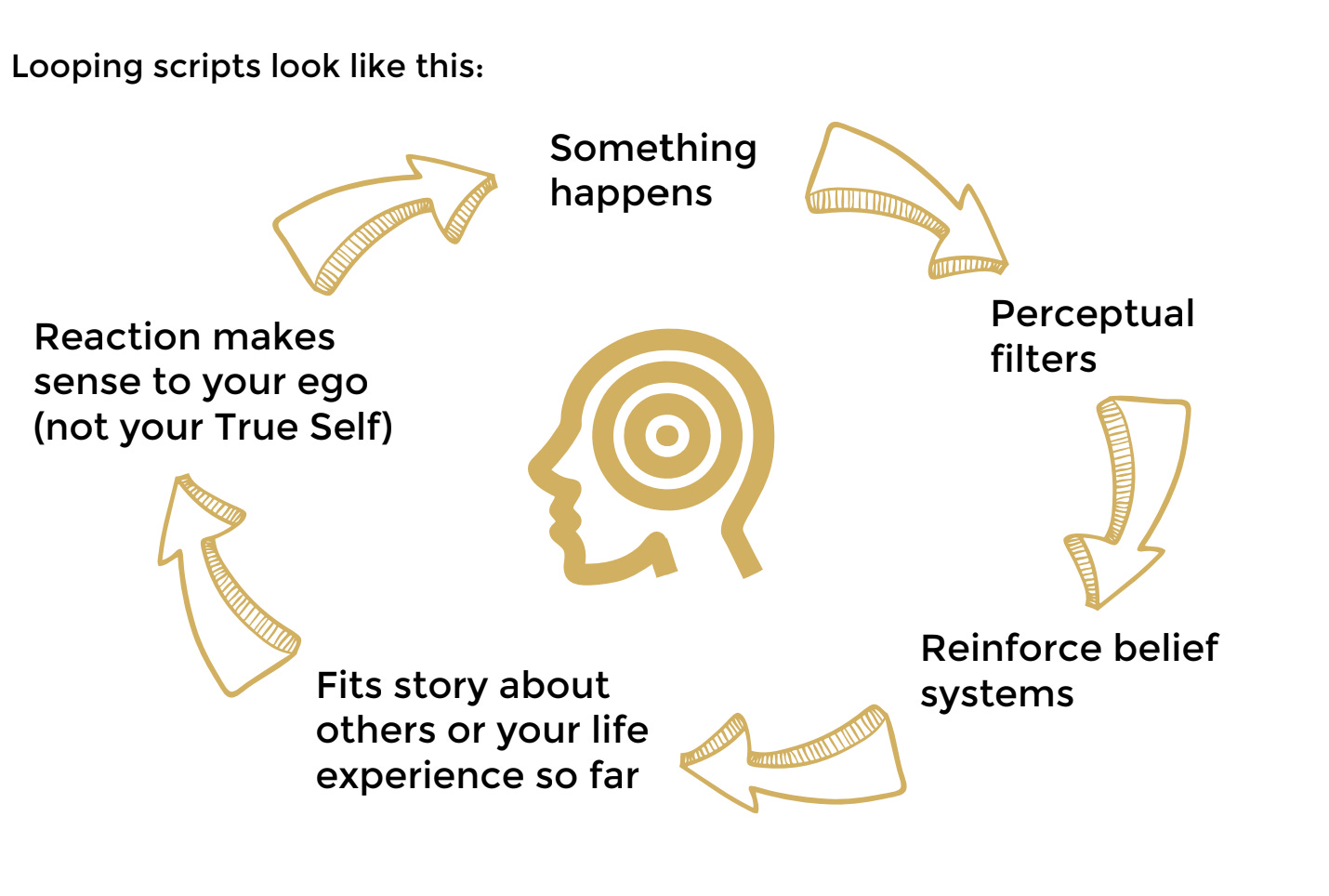Why You Need The Challenges In Your Life To Grow & The Neuroscience That Shows How.
Most people are familiar with the quote from Victor Fankle, author of Man’s Search For Meaning:
“Between stimulus and response, there is a space. In that space, we have the power to choose our response. In our response lies our growth and our freedom.”
― Viktor E. Frankl
Exploring The Neuroscience of Feeling a Sense of Freedom and the ability to Grow & Transform.
Here is my point: Neurologically, you need the challenges of your default life and relationships to grow. Your body and brain are part of the environment, and they’ve adapted to allow you to survive. Yet, your survival reaction is not the same as a response that allows you to grow. The body and brain can get caught in protective loops that keep you repeating stuck patterns. Your continued growth and development rely on your physical (not just mental) ability to become aware of this so you can learn to respond and reshape your reactions to your autonomic nervous system. This is what I call embodied leadership.
In this article, I will show how three situated perspectives of transformation and growth correspond to form an integral approach to your development:
Part 1: Fundamentals of Spiritual Psychology
Part 2: Fundamentals of Neuroscience (Polyvagal Theory)
Part 3: Fundamentals of Embodied Leadership (Somatic Psychology)
At the end of the article, I will provide a conclusion, recommendations, and suggested openings to integrate these teachings into your practice. Let us begin with an introduction to Spiritual Psychology.
Warning & Remember: You can not do this work in your head alone. Intellectual understanding of your experience is not enough. In fact, it can lead to emotional, spiritual, or intellectual bipassing. It requires physical practice to bring what you discover from this material into your life. To transform and grow, you must slide from intellectualization to some form of practice in the environment of your body and milieu.
Fundamentals of Spiritual Psychology
Here’s how the process of transformation works in your nervous system, brain, and psyche. We call this noticing looping scripts:
How you relate to the issue is the issue. Our perception creates our experience. We are meaning making machines. We adopt beliefs during childhood and then see the world through that lens until we make a conscious choice to slow down and learn to question our bodies, brains, and minds’ automatic responses to what is happening in our environment.
As we move forward in this training, we want you to bring your challenges into the space. Throughout the three-month seasonal process, we will train you to seek out these moments as trailhead opportunities to grow. Once you realize this and begin to look forward to your challenges occurring again, the transformational flywheel will be running automatically!
When we create the opportunity to embody a new experience, we allow a new, more constructive script to form. The nonconscious protective patterns are locked inside our bodies, and it is our job as leaders to realize this and commit to training to reshape these patterns.
I often like to imagine this work as an allowing process. We are becoming skilled practitioners learning to tend to our gardens. This requires attention and intention, but it is a waste of time to force, worry, or create tension about the weather or whether our plants will grow. In fact, these moments are often trailhead moments where we can begin to drop in as we notice protective parts managing our lives by anxiously ruminating and trying to get things right.
You will flourish in the right conditions, and I hope you discover how to cultivate them from this program. I hope you learn how to cultivate and maintain the environmental conditions to grow for yourself and others. This is real embodied leadership.
Now that we’ve realized we need challenges in our lives to grow let's discuss one last part of the puzzle before we get started.
How do we learn? Not just intellectually gather information but shift and change our behavior so we can experience our lives and relationships and work in more powerful and fulfilling ways that allow us to grow.





